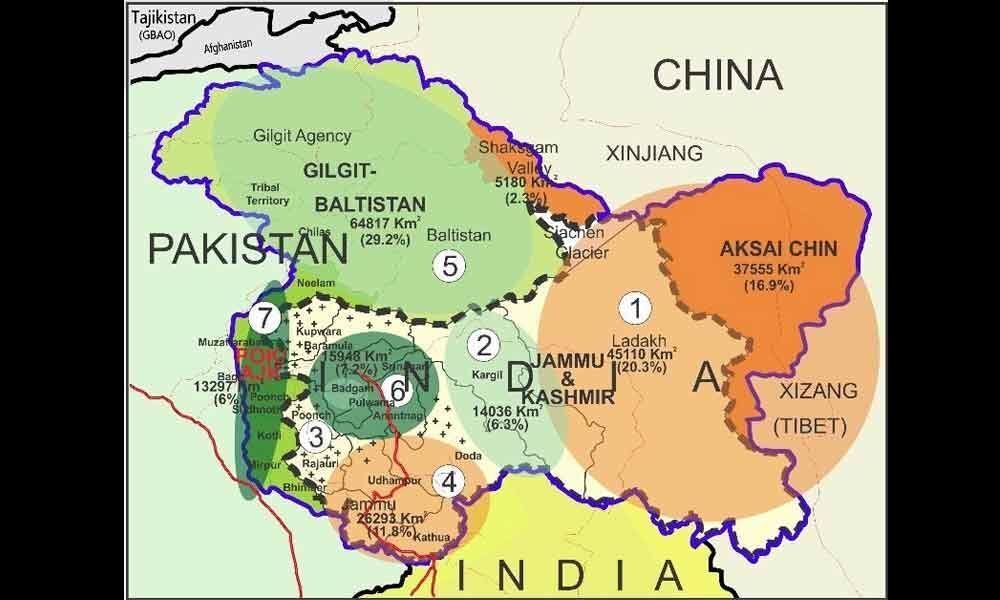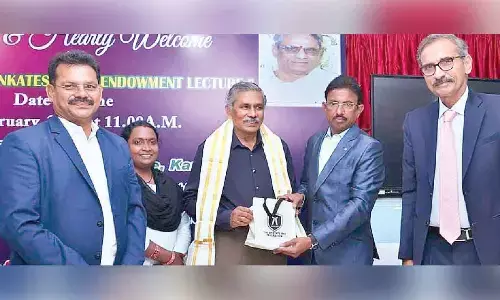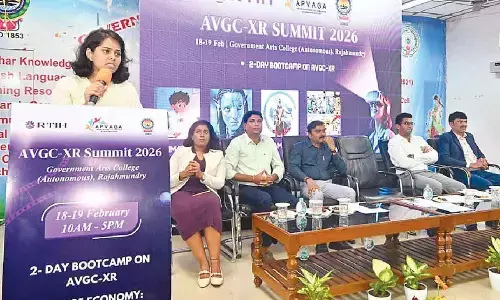Fear and uncertainty surrounds PoK's future

After revocation of Article 370, the Indian government should take the step to take back Pakistan Occupied Kashmir (PoK) from clutches of Islamabad.
After revocation of Article 370, the Indian government should take the step to take back Pakistan Occupied Kashmir (PoK) from clutches of Islamabad. At present, Jammu and Kashmir is being administered by three nations i.e. India, Pakistan and China and both India and Pakistan claim the region in its entirety.
Today normalcy is returning back in Jammu and Kashmir with school reopening, government offices functioning and people receiving fresh supplies. However, there is mild tension in the Kashmir valley towards which the international community has expressed deep concern.
The US too has expressed its concern over the escalating tensions but at the same time, it has supported India's decision calling it an internal matter for India.
But the situation in Pakistan Occupied Kashmir is different after revocation of article 370, where the terror outfits in Muzaffarabad city of Pakistan occupied Kashmir protest against India outside the Press Club and threatened for 'jihad' in Kashmir. According to the reports, Pakistani authorities are also encouraging terror groups like Hizbul Mujahideen and United Jihad Council (UJC).
This is not the first time that terrorists in Pakistan Occupied Kashmir have openly carried out protests despite the country being in Grey List of Financial Action Task Force (FATF), the international watchdog that keeps an eye on laundering and funding terrorism.
Even the UN High Commissioner for Human Rights also echoed in its report that the human rights are completely violated in PoK. According to a report published last month by Human Rights Commission, noted that, the human rights violations in Pakistan-Administered Kashmir are of a different calibre or magnitude and of a more structural nature than those in Indian-Administered Kashmir. The UN High for Human Rights has made several recommendations to the Pakistani authorities to address these issues.
In its response to observations in the June 2018 report, the Government of Pakistan maintained that the constitutional and legal structures of Azad Jammu and Kashmir and Gilgit-Baltistan adequately protect the rights of its citizens. However, monitoring and analysis found that these concerns remain.
Both regions introduced constitutional changes,but failed to address the main elements that restrict the full enjoyment of all human rights for people living in these regions.
This report also highlights that serious human rights violations and patterns of impunity in Indian-Administered Kashmir and significant human rights concerns witnessed in Pakistan-Administered Kashmir.
As stated in its June 2018 report, there remains an urgent need to address past and ongoing human rights violations and to deliver justice for all people in Kashmir.
Political tensions between India and Pakistan over Kashmir often result in the increase of ceasefire violations along the Line of Control, including shelling and firing. Ceasefire infringements in 2018 and 2019 resulted in the killing of civilians, destruction of civilian property and displacement of people in both Indian-Administered Kashmir and Pakistan-Administered Kashmir.
As neither the Governments of India nor of Pakistan have taken clear steps to address and implement the recommendations made in June 2018 report, those recommendations are reiterated and restated in this report. Additional recommendations are also addressed to the respective authorities for their consideration.
The report also made certain recommendations to the Government of Pakistan are:
♦ Fully respect international human rights law obligations in Pakistan Administered Kashmir;
♦ End the misuse of anti-terror legislation to persecute those engaging in peaceful political and civil activities and expressions of dissent, and amend the Anti-Terrorism Act to bring it in line with international human rights standards, including by incorporating human rights safeguards;
♦ Federal and local authorities should amend sections of the Interim Constitution of Azad Jammu Kashmir and other relevant legislation that limit the rights to freedoms of expression and opinion, and peaceful assembly and association;
♦ Immediately release from prison or house arrest any political activists, journalists and other civil society actors who have been convicted for peacefully expressing their opinions;
♦ Federal and local authorities should amend the constitutions of Azad Jammu and Kashmir and Gilgit-Baltistan to end the criminalization of the Ahmadiyya Muslims and to allow to them to freely and safely exercise their freedom of religion or belief;
♦ Abolish blasphemy provisions in Azad Jammu Kashmir and Gilgit-Baltistan to facilitate the enjoyment of freedom of religion and belief by all people;
♦ Ensure indigenous and local communities of Azad Jammu and Kashmir and Gilgit-Baltistan are consulted and give their informed consent for the use of their land or natural resources for any kind of non-local business activities;
♦ Ratify the International Convention for the Protection of all Persons from Enforced Disappearance, and its Optional Protocol to the Convention against Torture and Other Cruel, Inhuman or Degrading Treatment or Punishment,
♦ Criminalise enforced disappearances in the penal code and reinforce the capacities of the Pakistanis Inquiry Commission on Enforced Disappearances as Pakistan had accepted in its UPR in 2013; and
♦ Fully respect the right of self-determination of the people of Kashmir as protected under international law.
In response to the report, India stated that the report should focus on "cross-border terrorism" which it claimed was at the "heart of the issue" claiming that UN High Commissioner for Human Rights had overlooked this issue in the report. It added that the report had ignored its "sustained and comprehensive socio-economic development efforts".
— Gudipati Rajendera Kumar, Hyderabad











